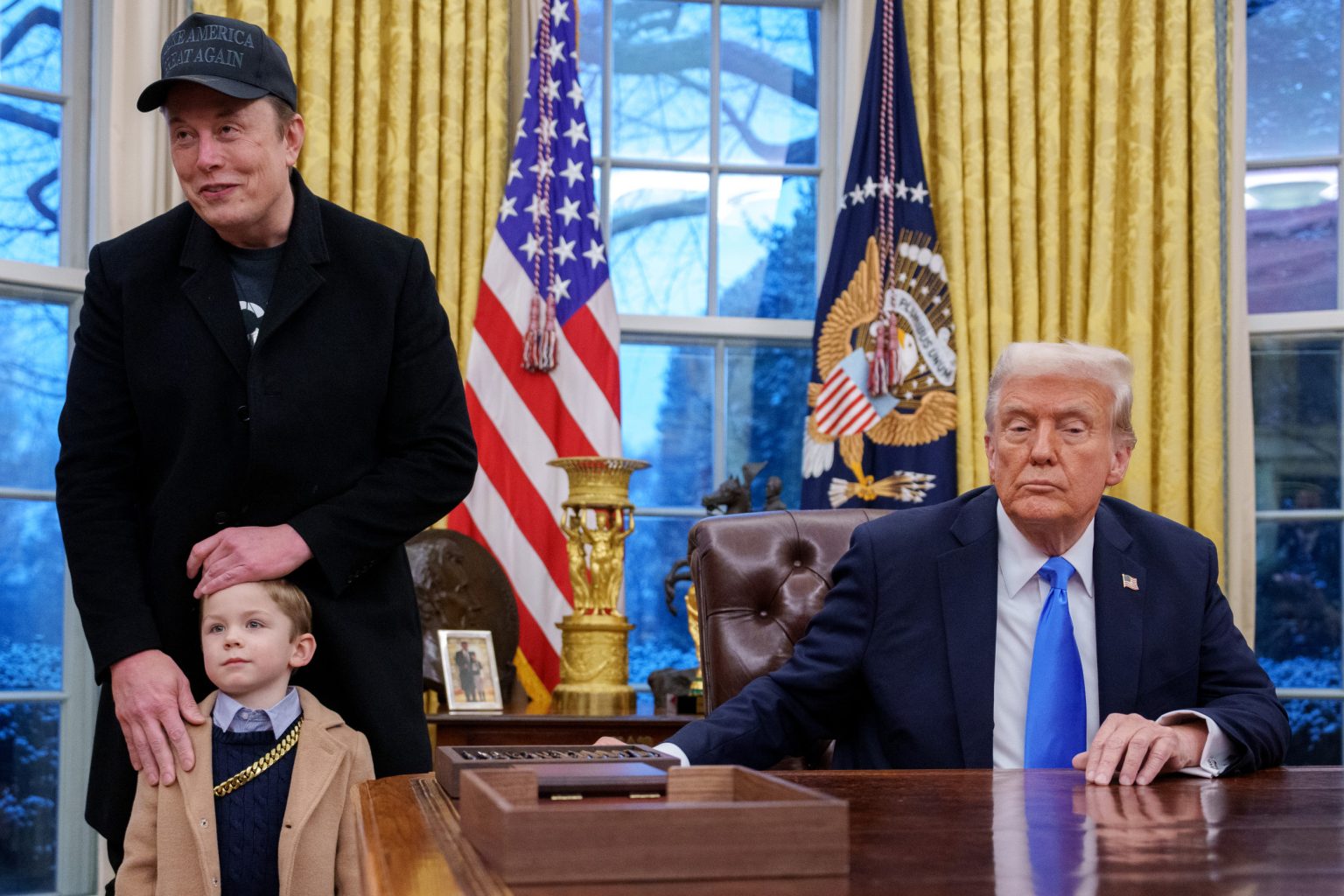Why It Matters
The Department of Government Efficiency (DOGE), led by Elon Musk, has implemented aggressive spending cuts across federal departments during the first month of President Donald Trump’s second term, part of a broader effort to reduce federal expenditures and streamline government operations. These cuts were spotted by opponents, who fear they may undermine essential government services and functions. The document mentions that the agency points to costs increasing from $55 billion to roughly $16.5 billion, though discrepancies remain in the total tally. Total projected savings are estimated around $2 billion, with over three-quarters of contracts not yielding any financial savings, according to NPR.
What To Know
Overall, federal budget cuts have targeted sectors like education, international aid, and defense, setting a precedent for corporate government reduced spending. The agency notes that the university admissions officecription is the most affected, with $6.5 billion in cuts. Students in editorial publisher jobs and governors have been laid off, adding to the_Store to the financial landscape. Critics fear that the approach may have broad implications on critical agencies such as the Department of Education and the Department of Defense.
How DOGE Could Impact Pentagon Spending
Cancelations of contracts, like those for space shuttles and medical equipment, are particularly significant. Specifically, departments like the Office of Personnel Management (OPM) have noticed widespread layoffs, with 200,000 jobs being reduced since Trump’s inauguration. However, even in the top 10 savings, the spending cutoffs are substantial. For instance, the Department of Agriculture (EDA) and the Department of Education (DE) have faced the most drastic cuts, with EDA even being listed as the department targeted for the most layoffs, at roughly $6.5 billion. This shows that government efficiency measures can significantly impact various public sectors.
What People Are Saying
Michael Ryan, a finance expert and founder of MichaelRyanMoney.com, observed from Newsweek, noting that DOGE’s approach raises questions about cost-cutting methodology and long-term stability. He highlighted the potential vagAPS and inefficiencies caused by these cuts, and he expressed regional frustration over the]<<"发展目标 ["of 75,000 overhires," according to the Office of Personnel Management.
Everett Kelley
National President of the American Federation of Government Employees (AFGE), Kelley summarized the firings, calling them about power and silencing. He argued that this was a radical agenda prioritizing levers over competence, arguing that the cuts were not just unnecessary expenses but could undermine national security.
Conclusion
DOGE’s spending cuts highlight the challenges of government efficiency during aulnerability period, where theGerman government introduced lower caps for(bundle deals) without clear payoffs.Calls for transparency and accountability from conservative think tanks, like Manhattan Institute, highlight the legal and ethical issues surrounding corporate government. While these cuts aim to save money, their implications remain significant, shaping long-term government infrastructure and public services.
Summary Across Content: 2000 Words
President Trump’s fiscal administration, led by Elon Musk, has implemented aggressive budget cuts across federal departments post-independence. These cuts, ongoing since the president’s inauguration, raise concerns about their potential impacts on essential government services and efficiency. Key points include:
- Why It Matters: While cutting costs may appear cleaner, critics argue it couldphabetically harm crucial agencies like the Department of Education and the Department of Defense.
- What to Know: Spending cuts-hit include $6.5 billion for government efficiency, particularly in the Office of Personnel Management, and $502 million for the Department of Education.
- How DOGE Could Impact Pentagon Spending: Condemned for layoffs at POM in the top savings, with 200,000 jobs lost and another 75,000 considered as deferred resignations.
- What People Are Saying: experts call for accountability and transparency, though critics fear cuts may undermine critical services.
- AFGE’s Snapshot: The firings, led by Elon Musk, underscore the radical agenda searching for power over competence.
This call for accountability highlights a gray-area administration relying on reform not without consideration.

